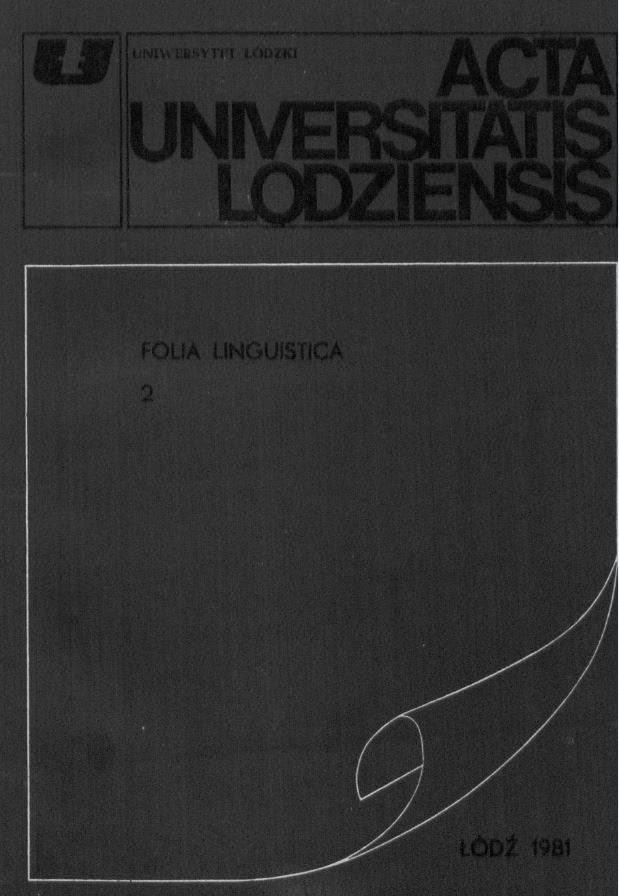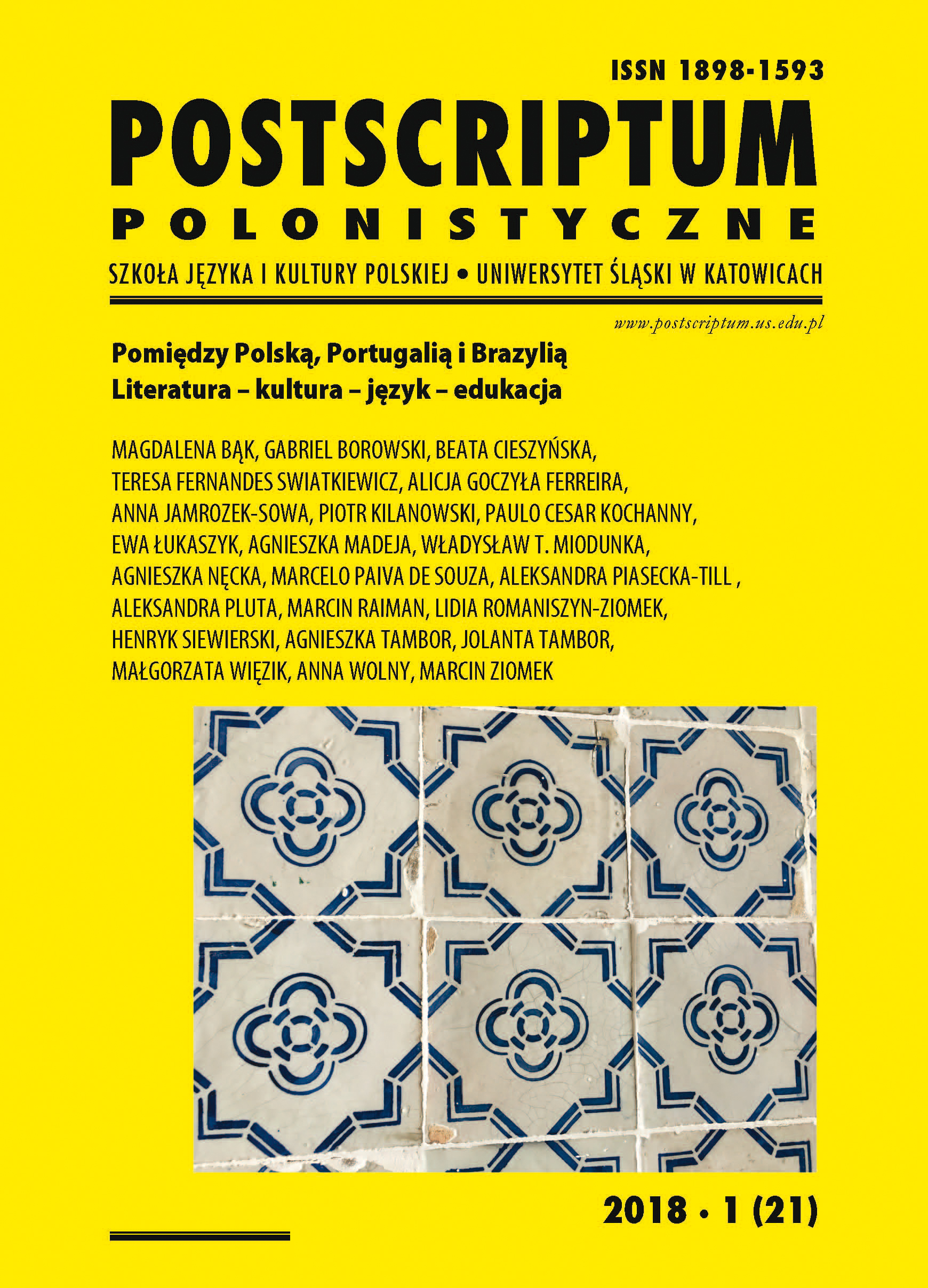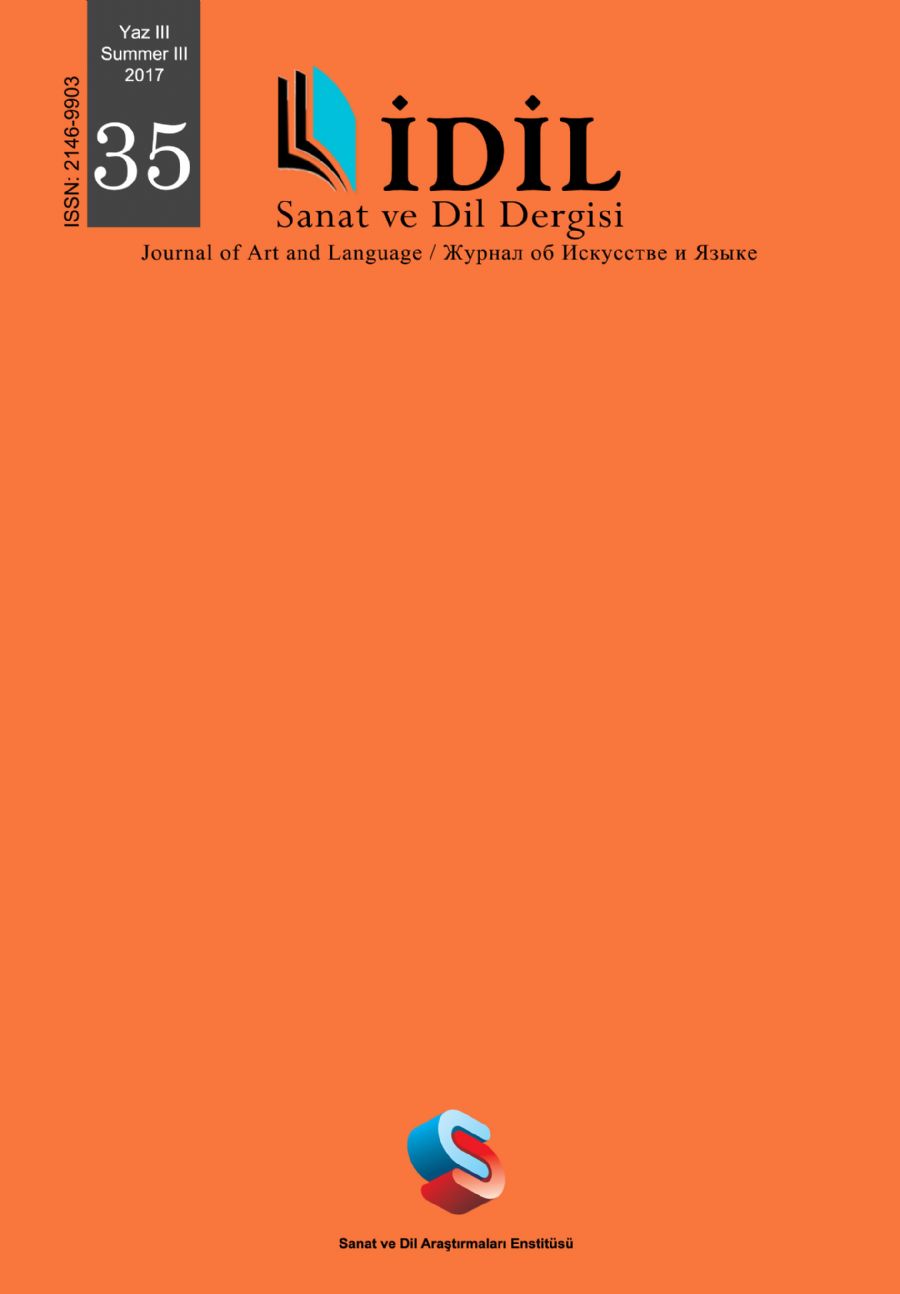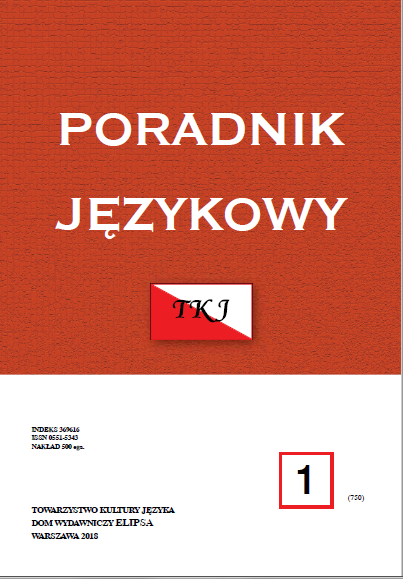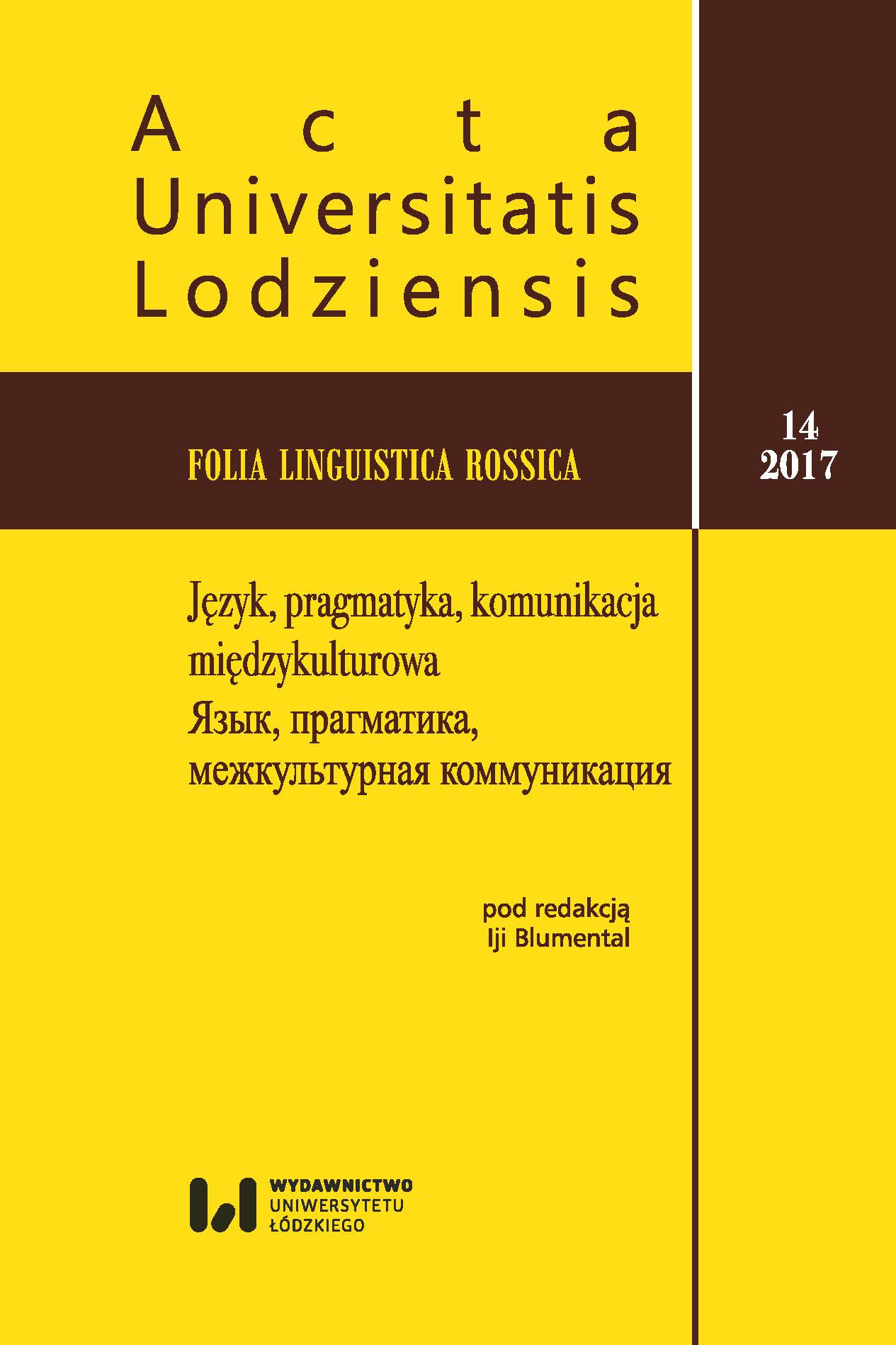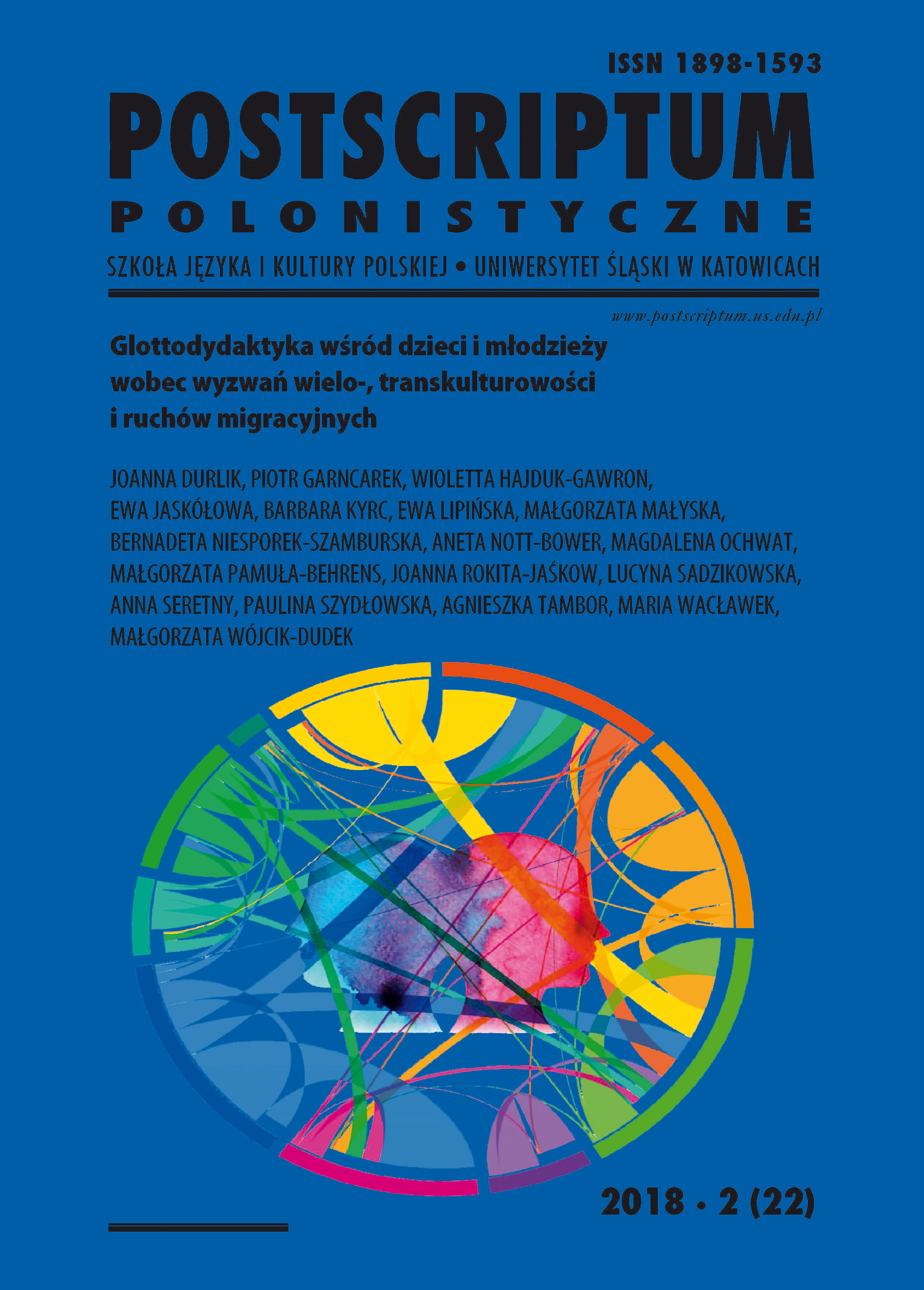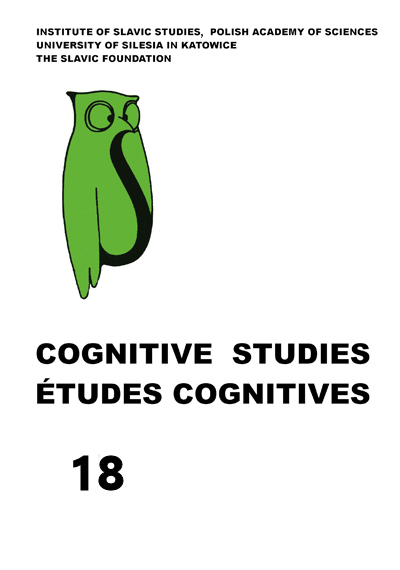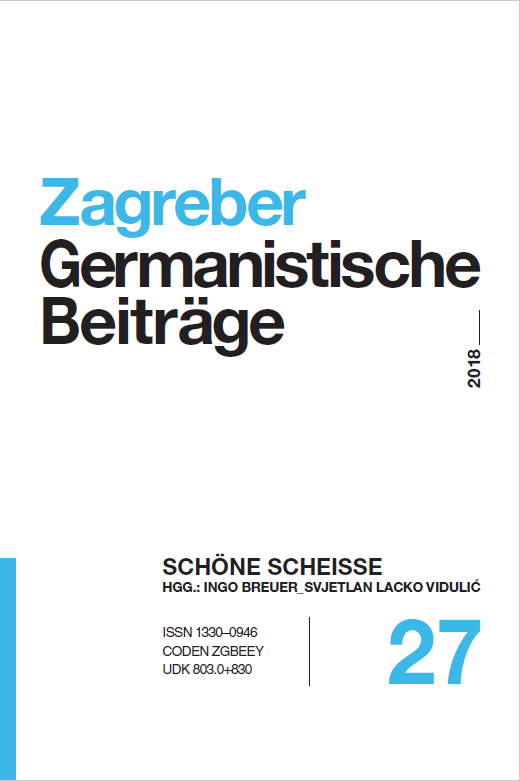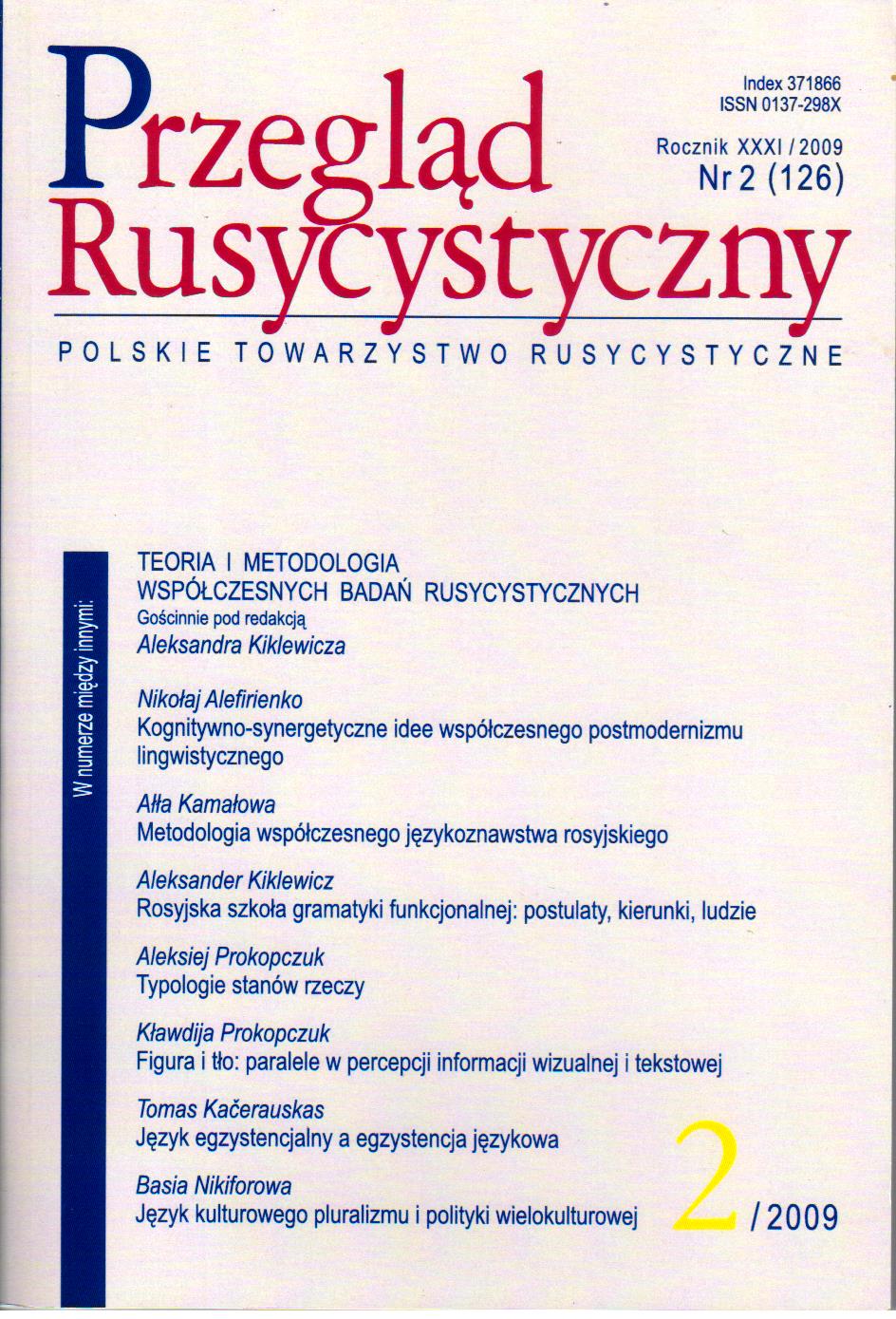
Значит jako operator metatekstowy i jego polskie odpowiedniki
The article discusses the role of значит, and its Polish equivalents, in the structure of a sentence. It occurs that apart from znaczy, to znaczy, znaczy się, czyli, a więc in Polish translations appear synonymous word combinations, as zatem, stąd, widać, widocznie, dlatego, no to, stąd wniosek, wobec tego, jest rzeczą całkowicie logiczną, a co za tym idzie. The slight differences between Polish lexemes make the analysis of the context crucial for the study
More...
